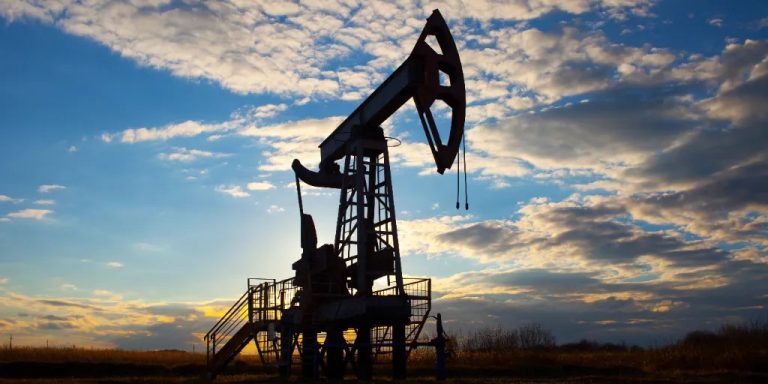Vijay Jayaraj
Fossil fuels are destroying our planet. Big oil is evil. Coal is an addiction. These are baseless hyperbole in the public square as we continue to live a lifestyle dependent on hydrocarbons and their derivatives.
This cognitive dissonance exists among individuals whose choices are inconsistent with their thinking. Another manifestation of dissonance is the elite’s enthusiasm for apocalyptic climate visions, spreading fear among those who are content with a “high-carbon life.”
Whatever one thinks of hydrocarbons, no one can deny that substances produced from their use as energy sources or feedstocks are ubiquitous.
From the plastics in smartphones to synthetic fibers in clothing, from life-saving medical equipment to asphalt on roads, petroleum-based products are woven into the fabric of modern life. Even the components of many “green” technologies, such as solar panels and wind turbines, are made from materials derived from fossil fuels.
The U.S. Department of Energy notes in a document that petrochemicals are the basis of more than 6,000 everyday products and lists a handful of them to show how common they are.
The success of the climate-industrial complex in demonizing coal, oil and gas, despite their enormous benefits, illustrates the breadth of the alarmist network: career politicians, unelected international political organizations, the media, government funding of academic scientists and corporate CEOs to subsidize. All of this is provided by an education system that prioritizes ideological indoctrination over the indoctrination of independent minds in order to cultivate compliant minds.
However, this schizophrenic relationship with hydrocarbons may not be as serious as it sometimes seems. Despite growing calls for a rapid transition to solar and wind energy, global fossil fuel consumption continues to climb. This is because the alternatives are neither affordable nor reliable.
In 2023, world hydrocarbon consumption set a new record. This trend is not limited to developing countries struggling to industrialize, such as China and India; it is also evident in some of the most developed economies in the world.
In 2023, the United States became the world's largest oil producer, with an average production of 12.9 million barrels per day, breaking the global record of 12.3 million barrels per day set by the United States in 2019. policy to issue hundreds of new oil and gas exploration drilling licenses by 2024.
Dependence on fossil fuels is not abating; it is intensifying at an unprecedented rate.
Amin Nasser, CEO of Saudi Aramco, said: “Oil demand in the global South is likely to grow significantly over a long period of time… If so, more than 100 million barrels per day will actually be needed by 2050. …This is in stark contrast to those who predict that oil will or must drop to 25 million barrels per day by then…A shortfall of 75 million barrels per day would be devastating for energy security and affordability.
Meanwhile, preachers of the anti-fossil fuel gospel live hypocritically, enjoying fossil-fuel-guzzling private jets and lavish beachfront mansions. It has not gone unnoticed that poor countries, when forced to adopt “green” policies, seek improvement through the use of hydrocarbons, and that their affluence relies on fossil fuels as the bedrock of their economies.
Even if the results of the Intergovernmental Panel on Climate Change (IPCC) assessment report are accepted, predictions of the dangers of global warming are exaggerated. According to the IPCC, the cost of global warming will be 2-4% of gross domestic product (GDP) By 2100 – a small number considering that the average person is expected to be richer by then, and the cost of “green” policies could push the entire country into poverty.
Every major prosperous economy today is built on fossil fuels. Their contributions in energy, transportation, construction, agriculture, manufacturing, healthcare and more have led to unprecedented prosperity, health and life expectancy.
Additionally, the increase in carbon dioxide in the atmosphere caused by the burning of hydrocarbons has brought benefits, greening large areas of the planet and creating record crop harvests that feed billions of people.
It’s time to abandon the climate myth and embrace fossil fuels.
This review was first published on BizPac Reviews October 28, 2024.
Vijay Jayaraj is a scientific research assistant carbon monoxide2 allianceArlington, Virginia. he He holds a master's degree in environmental science from the University of East Anglia, UK, a postgraduate degree in energy management from Robert Gordon University, and a bachelor's degree in engineering from Anna University, India.
Relevant
